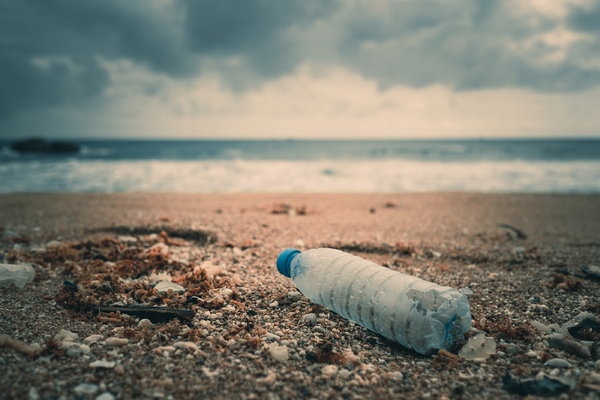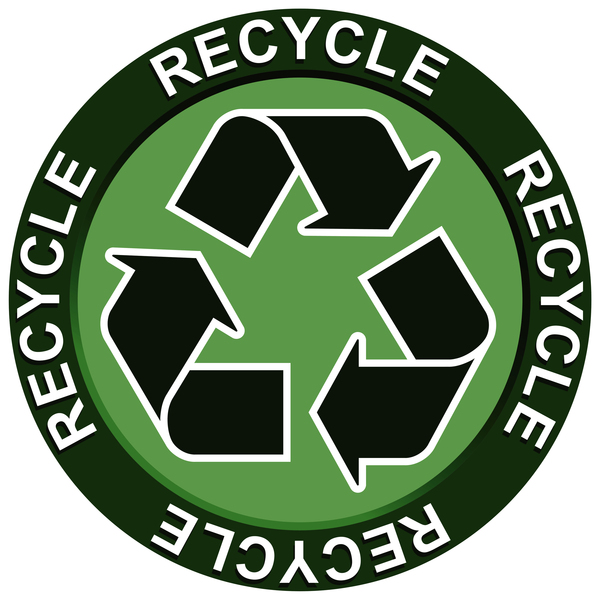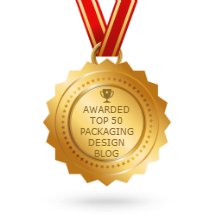
From edible spoons and straws to reusable takeout containers, plant-based packaging is coming to a consumer brand near you. 78 million metric tons of plastic are produced each year, and only 14% is recycled today. This reality has left consumers pushing for more sustainable products that will reduce our impact on the environment. Here’s how companies are building more sustainable products by using plant-based packaging.
Plastic Out/Sustainable Products In
Our oceans are drowning in plastic – 9 million tons of it, according to National Geographic. Our plastic addiction has spread worldwide, and while recycling has made a small dent in single-use products, the process requires precious natural resources like energy and water. Plastics are made from non-renewable oil or natural gas, and most of these products end up on the trash heap where they, literally, never decompose. One plastic water bottle can take 500 years or more to break down.
Manufacturers are increasingly concerned with our throwaway packaging, driven in part by millennials and other consumers who are raising red flags about the plastic pollution problem. Brandwatch says social media tweets about plastic waste are increasing. A recent Accenture study showed that consumers would pay more for sustainable products with plant-based packaging.
Companies are paying attention to these trends and are working with design engineers to create packaging that biodegrades or recycles into second-use high-value products. According to Rise, some of the new packaging models include plastics that can be recycled up to seven times, instead of being single-use.
Here are some of the latest examples.
Sustainable Plastic?
The words “sustainable plastics” are not an oxymoron anymore; a new line of bioplastics is just one example of companies moving toward more sustainable products packaging.

Bioplastics are made from renewable biological resources. Unlike traditional plastic, this type of packaging is compostable or even edible and causes little to no residual effect on the environment. Some examples include:
- MonoSol, a U.S. company that makes polymer packaging that dissolves in water. While these materials are often used to surround detergent in a pod, they can also be safely used to hold food with no effect on taste.
- Straws have hit consumer awareness as the latest culprit in environmental destruction, but U.S. business Loliware has a new line of single-use items designed to disappear completely. They have a seaweed-based straw that is hyper-compostable and marine-degradable, sugar and gluten-free as well as non-GMO. It can even be reused for up to 18-hours.
There have been hiccups on the road to more sustainable product packaging, of course. PepsiCo was the target of some very funny social media posts when their 100% compostable SunChip bag seemed to break the sound barrier; consumers didn’t love the noise the bag created. PepsiCo responded with a quieter bag that came out in 2011 to a much better response from consumers.
But are other companies responding to the need for more plant-based packaging? The answer is, increasingly, yes:
- Starbucks announced a phase-out of plastic straws by 2020.
- Walmart now sells .98 cent reusable bags at checkout to cut down on plastics.
- Here’s a list of 22-companies, from McDonald’s to Nestle, who are taking steps to eliminate plastic and replace the single-use container with renewable or biodegradable packaging.
The latest research shows that these efforts will pay off; three-quarters of consumers are increasingly aware of plant-based food and beverage packaging. It’s clearly time for all companies to pay attention to this groundswell, which shows no sign of going away anytime soon.
PKG Brand Design is always on the forefront of new CPG branding and packaging initiatives; please subscribe to our blog for the latest package design industry news!







